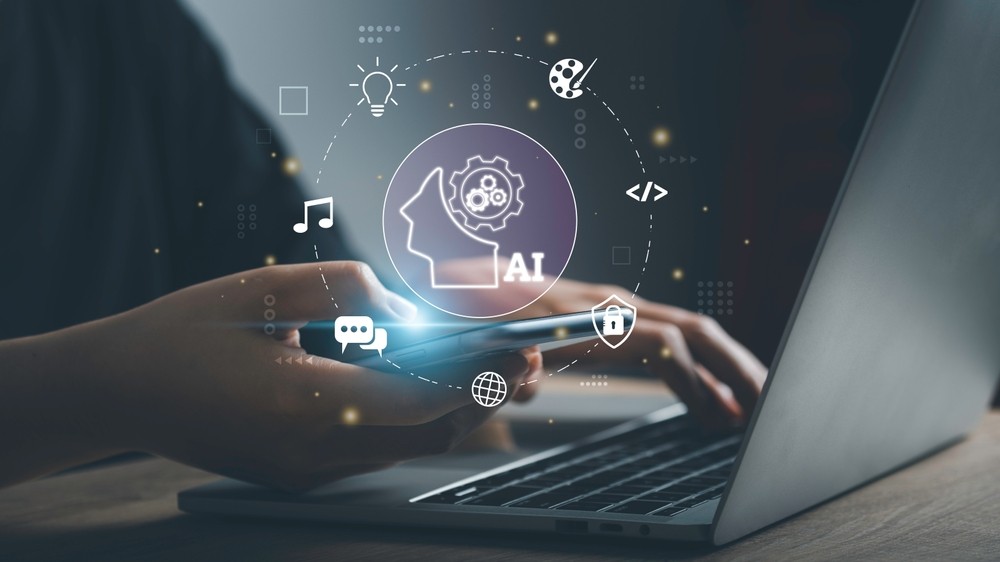The sixth annual International Innovation Barometer reveals that the advent of AI has already prompted a seismic shift in how innovation is being carried out around the world.
The report by innovation consultancy Ayming finds that more than four-in-five (84%) businesses believe AI is having a positive impact on innovation – both in terms of output and process. Whilst the debate is typically framed around the future – but as yet unrealised – transformative potential of AI, this research indicates that tangible value is already being extracted by businesses when it comes to innovation.
In fact, a significant 41% of businesses have already restructured their R&D teams to accommodate wider use of AI in the innovation process, which rises to more than half (52%) among large companies. The hyperfocus on AI has been translated into business’ shifting priorities, where the implementation of AI ranks as the second highest innovation priority with 29% of respondents selecting it as a priority, second only to the broader adoption of technology, which 32% of businesses see as their first concern.
Technology and innovation have always been indivisibly coupled but the overlap between the two is now so great that the terms have become broadly interchangeable – largely catalysed by AI models that have provided businesses of all sizes with access to a new form of technology.
This widening intersection is reflected in the allocation of innovation budgets. A notable 47% of businesses are allocating between 6 and 20% of their innovation budget to R&D in AI, while nearly a quarter (22%) are devoting more than 20%.
Njy Rios, Director of R&D Incentives at Ayming UK comments, “The development of AI has been driven – and dominated – by mega-cap tech giants like Microsoft and Google but the launch of accessible models like ChatGPT have partly served to democractise access to AI. The barrier to entry has been lowered and now businesses of all sizes can integrate AI into their operations without developing their own systems from scratch – which they likely neither have the financial nor human resources to contemplate. Instead, as AI models are commoditised, we can expect to see competitive advantage shift from those that own AI technology towards those applying it most effectively.”
AI is not only being used to automate processes, which frees up critical time for researchers to focus on higher-value strategic activity, but increasingly more businesses are using the technology to generate ideas and to conduct broader analysis. In fact, 53% of businesses are using AI to analyse data to support innovation, 43% are using it to predict new trends and 39% to generate new ideas, compared to just 26% using it for automation.
The research suggests that businesses are starting to recognise AI as a catalyst for collaboration and creativity, rather than simply as an automation tool.
Rios continues, “The future of AI will be shaped by hybrid models where human creativity and original thinking is optimised by AI’s analytical power, the latter enhancing rather than replacing the former. In fact, the way that generative AI has been built makes it incapable, at least for now, of producing original thoughts, which means it won’t ever be able to ‘innovate’ without human creative input.
“It’s clear from this year’s research that AI has already changed the game and what we expect to see next is the timescale of the innovation lifecycle – from ideation to output – begin to radically reduce. What we should be left with is a process where innovation can be done faster, and investment can go further.”







